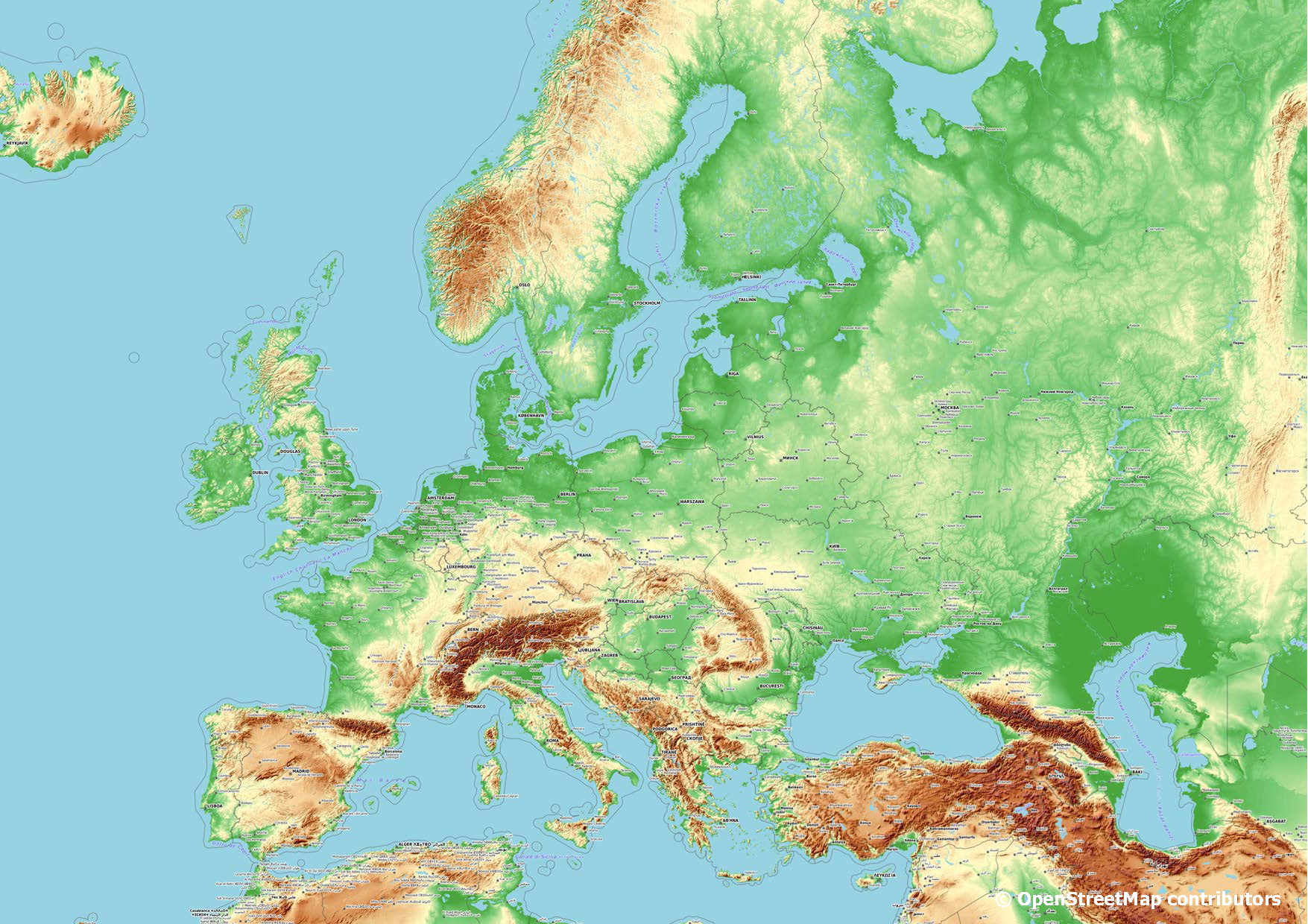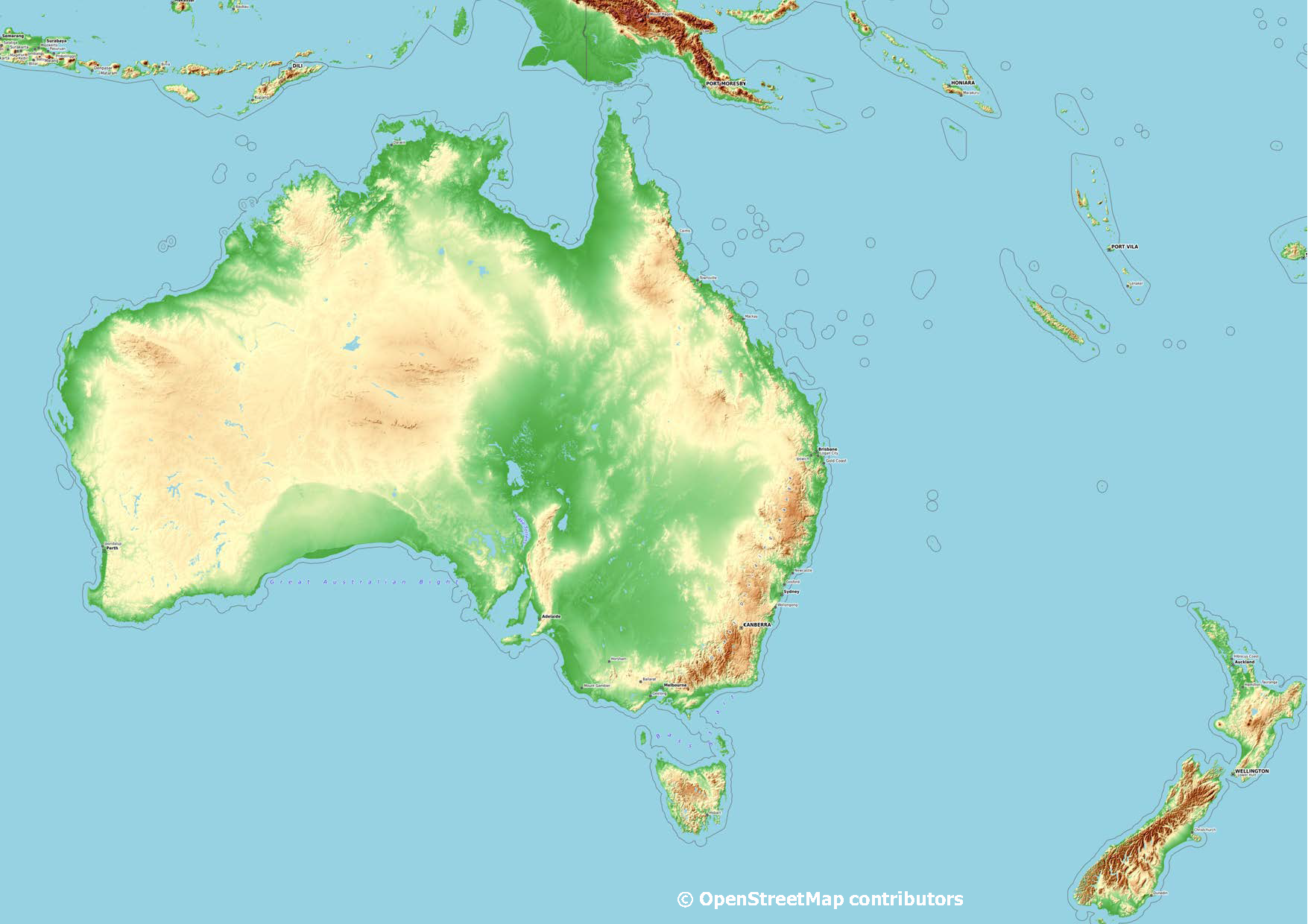The situation in South America
As in other parts of the world, odour regulations are highly variable between countries in South America. Some countries lack odour regulation laws but issue odour management guidelines, such as Chile, while others implement regulation limits, such as Columbia.
While the Chilean government is yet to legislate for odour control regulations, as there are no specific standards for odours or compounds known to have an odour impact, the Chilean Ministry for the Environment issues guidelines around odour control management. In 2012, Chile started the elaboration of a Strategy for Odour Management in Chile (2014- 2017), whose objective is to strengthen the regulatory framework through measures in the short, medium and long term to quantify, control and prevent the generation of odours, approaching the management of the issue with an integrated approach. In 2017, the strategy was updated.
In 2020, The Chilean Ministry for the Environment presented the first regulation to manage odours from the pig industry. In the next few years, other odour regulations should be published concerning Wastewater treatment plants, landfills and paper mills.
In Colombia, the last 6 years have seen improvement in the regulation and restrictions related to odour emissions and places which generate offensive odours, updating an original regulation enforced back in 1994. In 2011, a new norm (The Colombian Technical Norm NTC 5880) was published and defines a method for the objective determination of an odour concentration of a gas sample through dynamic olfactometry. Further norms and standards were published in 2013 and 2014 which provide a comprehensive framework within which to understand and regulate odour pollution. Bokowa et al state:
“The implementation of the regulatory scheme [In Columbia] is focused on improving the process and activities’ environmental performance, understanding that one of the main effects of the use of good environmental practices is the prevention, mitigation, and control of environmental impacts. In that sense, this resolution includes the plan for the reduction in the offensive odours impact—PRIO (because of its acronym in Spanish)—by which the activity or process proposes and puts under assessment and approval of the environmental authority the measures considered suitable for the management of their odour emissions.”
While the Chilean government is yet to legislate for odour control regulations, as there are no specific standards for odours or compounds known to have an odour impact, the Chilean Ministry for the Environment issues guidelines around odour control management. In 2012, Chile started the elaboration of a Strategy for Odour Management in Chile (2014- 2017), whose objective is to strengthen the regulatory framework through measures in the short, medium and long term to quantify, control and prevent the generation of odours, approaching the management of the issue with an integrated approach. In 2017, the strategy was updated.
In 2020, The Chilean Ministry for the Environment presented the first regulation to manage odours from the pig industry. In the next few years, other odour regulations should be published concerning Wastewater treatment plants, landfills and paper mills.
In Colombia, the last 6 years have seen improvement in the regulation and restrictions related to odour emissions and places which generate offensive odours, updating an original regulation enforced back in 1994. In 2011, a new norm (The Colombian Technical Norm NTC 5880) was published and defines a method for the objective determination of an odour concentration of a gas sample through dynamic olfactometry. Further norms and standards were published in 2013 and 2014 which provide a comprehensive framework within which to understand and regulate odour pollution. Bokowa et al state:
“The implementation of the regulatory scheme [In Columbia] is focused on improving the process and activities’ environmental performance, understanding that one of the main effects of the use of good environmental practices is the prevention, mitigation, and control of environmental impacts. In that sense, this resolution includes the plan for the reduction in the offensive odours impact—PRIO (because of its acronym in Spanish)—by which the activity or process proposes and puts under assessment and approval of the environmental authority the measures considered suitable for the management of their odour emissions.”




